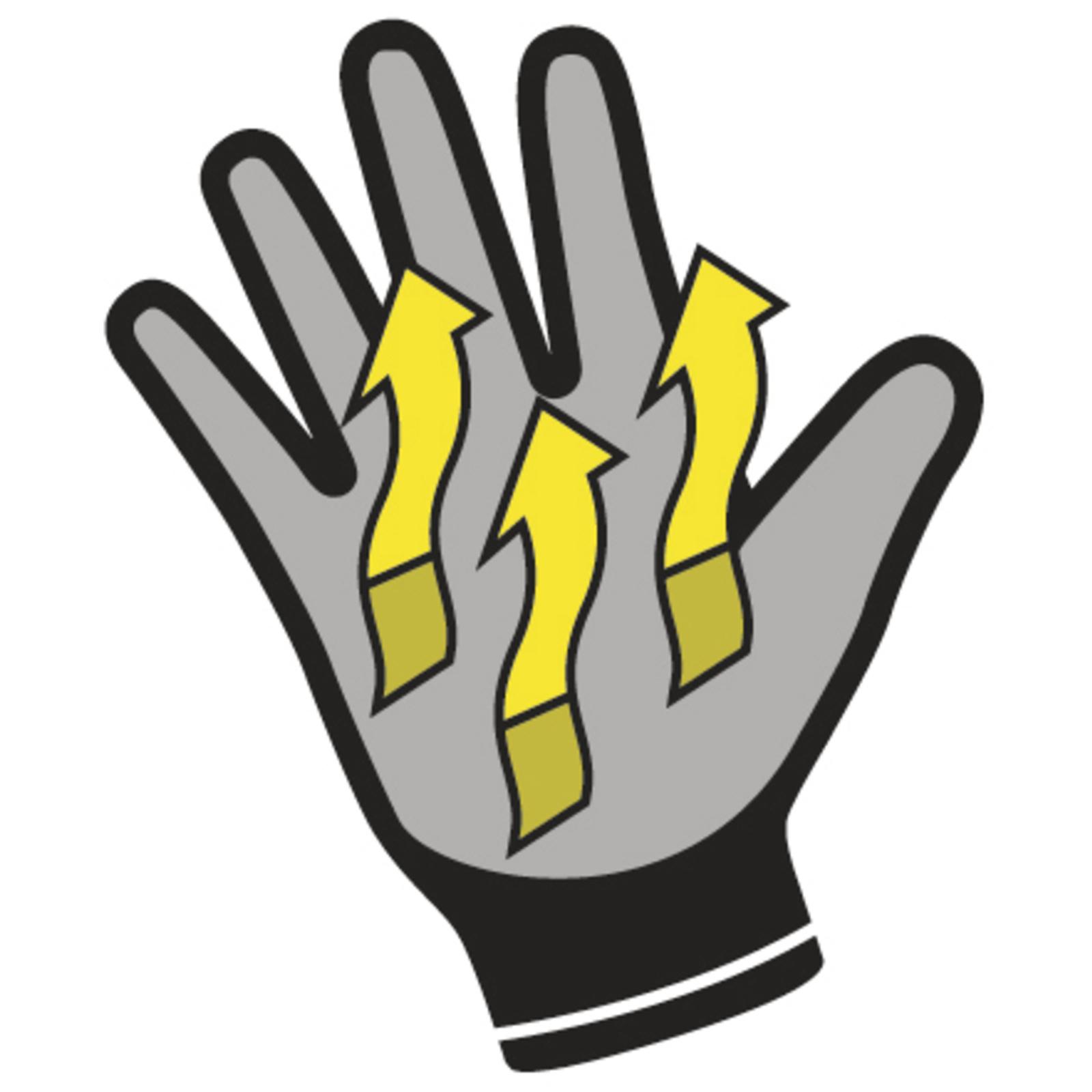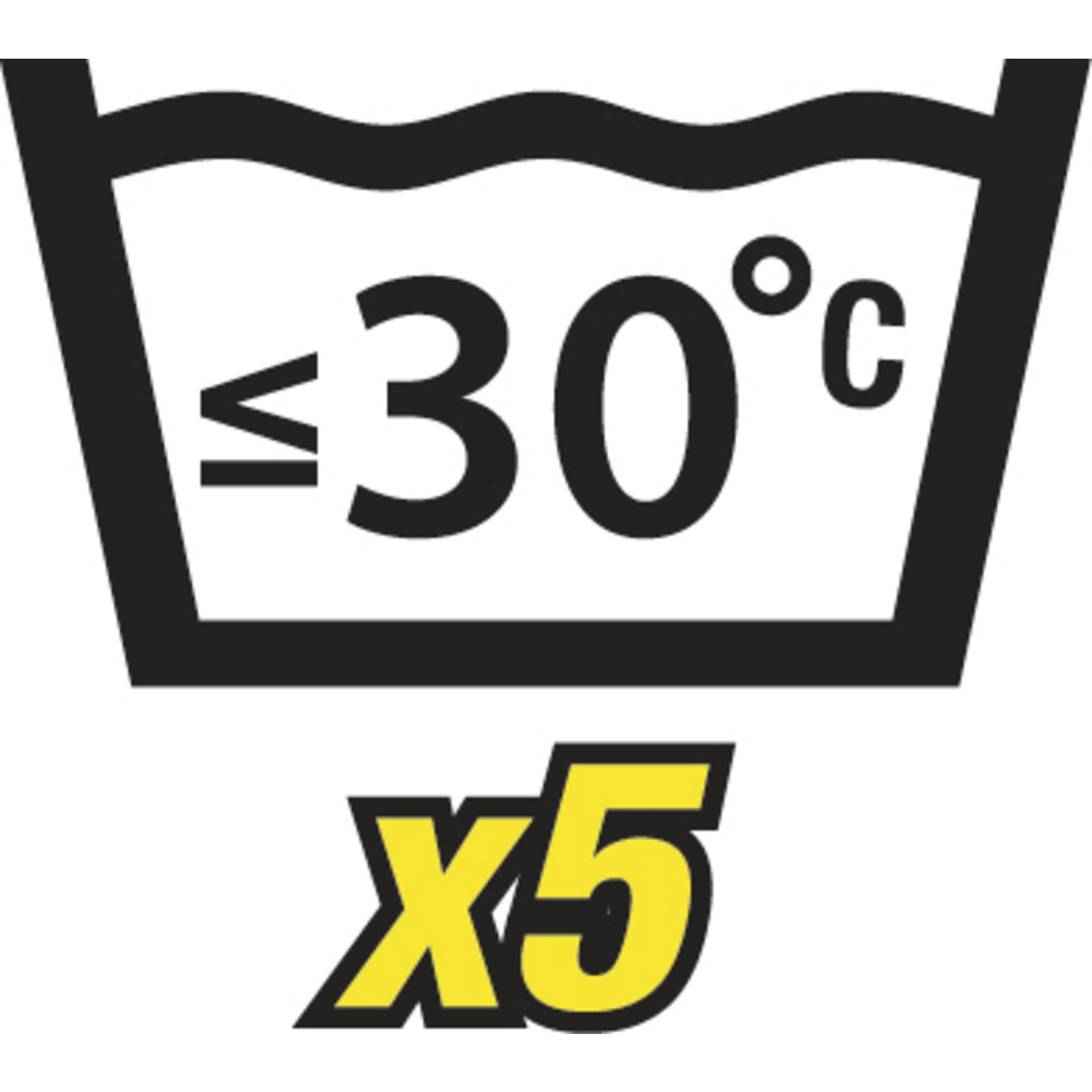The product complies with the European Directive 89/686, notably regarding ergonomics, innocuousness, comfort and with standards :
POLYAMIDE/SPANDEX KNITTED GLOVE – PU-COATING PALM
Polyamide/Spandex. Polyurethane coating on palm and fingertips. Gauge 15.
Glove: Polyamide/Spandex.
Coating: 100% polyurethane
08/09/15

Polyurethane coating :
• Very good resistance to abrasion and tearing
• Sensivity and elasticity
• Increased breathability

Gauge 15 :
• Very good dexterity and precision to work

Protection against mechanical hazards and fo the object (no risk of footprint, sweating)
| Reference |
pcb |
Colour |
Size |
| VECUT20VE06 |
60 |
Green |
06 |
| VECUT20VE07 |
60 |
Green |
07 |
| VECUT20VE08 |
60 |
Green |
08 |
| VECUT20VE09 |
60 |
Green |
09 |
| VECUT20VE10 |
60 |
Green |
10 |
| VECUT20VE11 |
60 |
Green |
11 |
EN420:2003+A1:2009 General requirements - 5 Dexterity (from 1 to 5)
• Conform to harmlessness (pH, chrome VI levels, etc…).
• Conform to the size charts (see chart on below).
• Pass the dexterity test.
• Conform to the labelling, information and identification instructions.
EN388:2003 Protective gloves against mechanical Risks (Levels obtained on the palm) - 4 Resistance to abrasion (from 1 to 4)
- 2 Resistance to cutting (from 1 to 5)
- 4 Resistance to tear (from 1 to 4)
- 2 Resistance to puncture (1 to 4)
The EN388 standard applies to all types of protective gloves with respect to physical and mechanical aggression from abrasion, cutting from slicing, perforation and tearing.
ABRASION RESISTANCE (1 à 4): Number of cycles required to damage the sample at constant speed.
RESISTANCE TO CUTTING WITH A BLADE (1 à 5): Number of cycles required to cut the sample at constant speed.
RESISTANCE TO TEARING (1 à 4): Maximum force required to tear the sample.
RESISTANCE TO PERFORATION (1 à 4): Force required to pierce the sample with a standardized punch.







